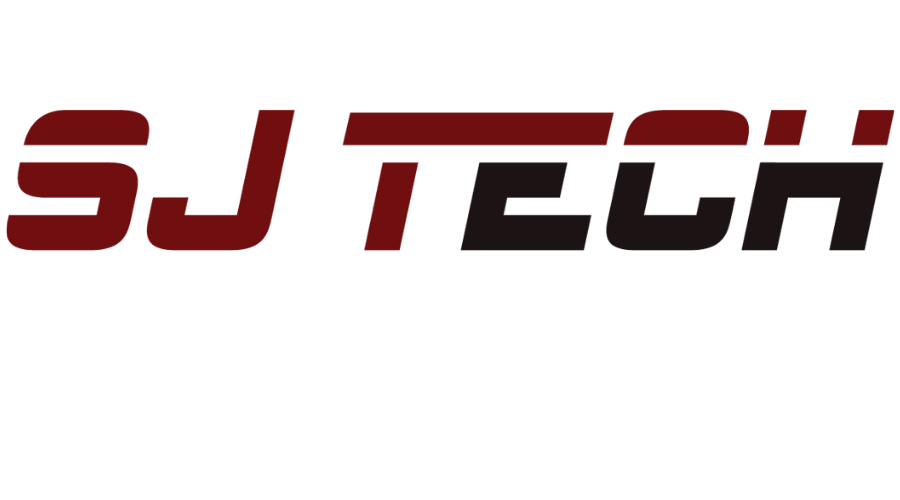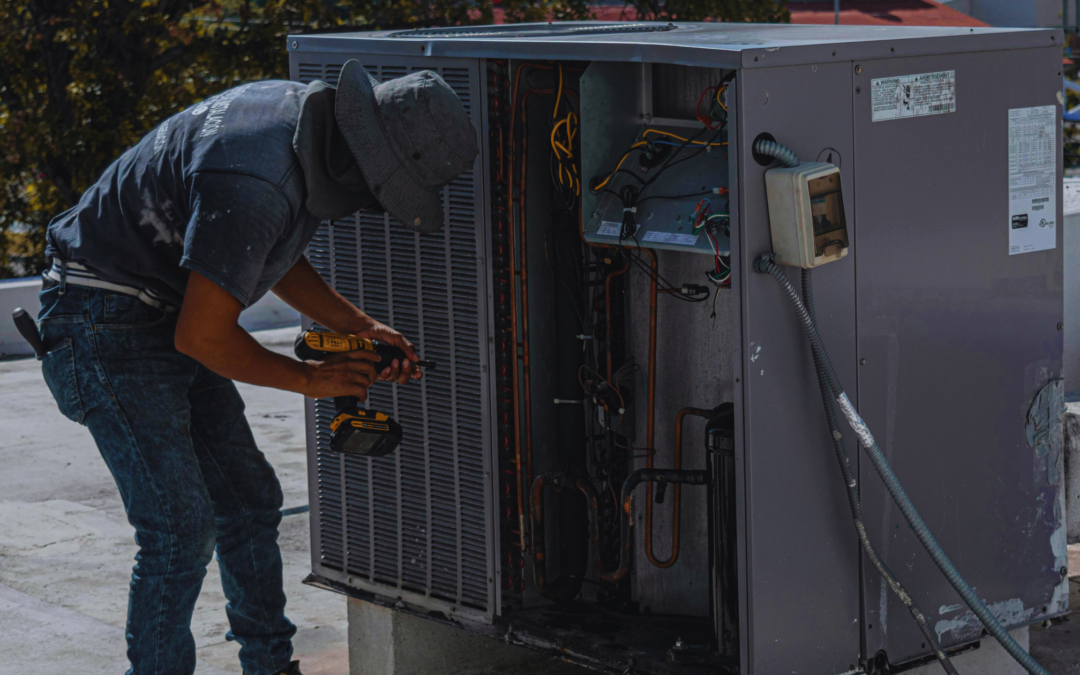Whether you’re exploring career opportunities or simply curious about the heating and cooling systems around you, understanding the distinction between residential and commercial HVAC systems is crucial. These two sectors of the industry require different skill sets, equipment knowledge, and training approaches—making this knowledge especially valuable for anyone considering an HVAC training program in NJ.
The HVAC industry offers diverse career paths, each with unique challenges and rewards. While both residential and commercial systems share the fundamental goal of climate control, they differ significantly in complexity, scale, and maintenance requirements. For prospective technicians attending NJ trade school programs, grasping these differences early can help shape career decisions and focus training efforts effectively.
Key Takeaways
- System Complexity: Commercial HVAC systems are typically larger, more complex, and require specialized knowledge of advanced controls and industrial-grade equipment
- Career Opportunities: Residential HVAC focuses on individual homes and smaller buildings, while commercial work involves office buildings, hospitals, schools, and industrial facilities with different skill requirements
- Training Requirements: Both sectors benefit from comprehensive NJ HVAC training programs, but commercial work often demands additional certifications and specialized knowledge
Understanding Residential HVAC Systems
Residential HVAC systems serve single-family homes, townhouses, and small apartment buildings. These systems prioritize comfort, energy efficiency, and straightforward operation for homeowners who typically lack technical expertise.
Common Residential Equipment
Most residential systems include standard furnaces, air conditioners, heat pumps, and ductwork designed for homes under 3,000 square feet. The equipment operates on single-phase electrical power and uses simpler control systems that homeowners can easily understand and operate.
Residential technicians frequently work with split systems, where the condensing unit sits outside while the air handler or furnace remains indoors. These systems typically use standard refrigerants and follow predictable installation patterns that experienced technicians can navigate efficiently.
Typical Service Calls
Residential HVAC technicians handle routine maintenance, filter changes, seasonal tune-ups, and emergency repairs. Common issues include thermostat problems, refrigerant leaks, clogged filters, and worn-out components that affect a single family’s comfort.
The work often involves direct interaction with homeowners, requiring strong communication skills to explain problems and solutions in understandable terms. Residential technicians frequently work alone or with one partner, making independent problem-solving skills essential.
Exploring Commercial HVAC Systems
Commercial HVAC systems serve office buildings, retail spaces, hospitals, schools, manufacturing facilities, and other large structures. These systems handle significantly higher capacity requirements and often integrate with building automation systems for optimal efficiency.
Complex Equipment and Controls
Commercial systems utilize three-phase power, larger tonnage units, and sophisticated control systems that monitor multiple zones simultaneously. Equipment includes chillers, boilers, cooling towers, variable air volume (VAV) systems, and energy recovery ventilators that residential technicians rarely encounter.
Building automation systems (BAS) control temperature, humidity, air quality, and energy consumption across entire facilities. These computerized systems require technicians to understand programming, sensors, and network communications—skills that extend beyond traditional mechanical knowledge.
Specialized Applications
Different commercial environments demand unique expertise. Hospital HVAC systems require knowledge of clean room standards and infection control. Restaurant systems need expertise in kitchen ventilation and grease management. Manufacturing facilities often require process cooling and specialized air filtration systems.
Commercial technicians might work on rooftop units serving large retail stores, underground systems in office complexes, or industrial equipment in manufacturing plants. Each environment presents distinct challenges and safety requirements.
Training and Certification Differences
Both residential and commercial HVAC careers benefit from comprehensive education, but the path to expertise varies between sectors.
Foundational Skills
All South Jersey HVAC contractors need understanding of thermodynamics, electrical circuits, refrigeration cycles, and safety procedures. NJ trade school programs typically cover these fundamentals regardless of career focus, providing the foundation for either residential or commercial specialization.
Students learn to read blueprints, use diagnostic tools, handle refrigerants safely, and understand local building codes. These core competencies apply across both sectors, making comprehensive training programs valuable for career flexibility.
Specialized Commercial Training
Commercial HVAC work often requires additional certifications in areas like building automation, industrial refrigeration, or specialized equipment brands. Some commercial positions prefer technicians with associate degrees or extended training programs that cover advanced controls and system design principles.
Many HVAC training programs in NJ now include modules on commercial systems, recognizing the growing demand for skilled commercial technicians. These programs might cover pneumatic controls, DDC systems, energy management, and preventive maintenance scheduling for large facilities.
Career Considerations and Opportunities
Both residential and commercial HVAC careers offer stability and growth potential, but they appeal to different personality types and career goals.
Residential HVAC Career Path
Residential technicians often enjoy variety in their daily work, visiting different homes and solving diverse problems. The work involves more customer interaction and often includes sales opportunities for system replacements and upgrades.
Many residential technicians eventually start their own businesses, leveraging their customer service skills and local reputation. The barrier to entry for residential work is often lower, making it an attractive starting point for new technicians.
Commercial HVAC Opportunities
Commercial HVAC typically offers higher earning potential and more consistent work schedules. Many commercial positions involve less travel, as technicians might be assigned to specific buildings or routes.
Commercial work often provides clearer advancement paths within larger companies, from apprentice to journeyman to supervisor or project manager roles. The complexity of commercial systems can make the work more intellectually challenging for technicians who enjoy problem-solving and continuous learning.
Making Your Career Decision
The choice between residential and commercial HVAC depends on personal interests, career goals, and preferred work environment. Some factors to consider include desired income level, interaction preferences, work schedule flexibility, and long-term career aspirations.
Many successful HVAC professionals gain experience in both sectors, starting with residential work to build foundational skills before transitioning to commercial opportunities. Others find their niche early and develop specialized expertise that makes them valuable in their chosen sector.
For students considering an HVAC training program in NJ, understanding these differences can help inform educational choices and career planning. Quality trade school programs often provide exposure to both residential and commercial applications, allowing students to make informed decisions about their specialization.
Building Your HVAC Future
The HVAC industry continues growing as buildings become more energy-efficient and technology-dependent. Whether you choose residential or commercial focus, comprehensive training provides the foundation for a rewarding career in this essential field.
Both sectors offer job security, competitive wages, and opportunities for advancement. The key is matching your interests and strengths with the right career path, then pursuing the education and training needed to excel in your chosen specialization.

